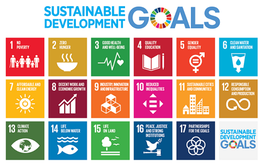
In 2023, mid-way to 2030, Belgium is to submit its 2nd voluntary national review (VNR) to the UN High-Level Political Forum in New York.
Belgium will present its efforts in achieving the Sustainable Development Goals (SDGs) as put forward in the 2030 agenda from 2015. A good opportunity for state and civil society actors to take stock and look at what is needed to move forward. The VNR will look at Belgium’s local, regional and national efforts, as well as its international cooperation on the SDGs.
Belgium will present its efforts in achieving the Sustainable Development Goals (SDGs) as put forward in the 2030 agenda from 2015. A good opportunity for state and civil society actors to take stock and look at what is needed to move forward. The VNR will look at Belgium’s local, regional and national efforts, as well as its international cooperation on the SDGs.

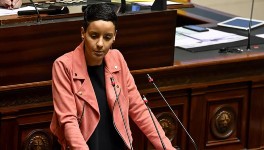
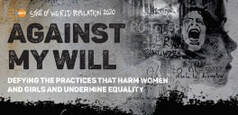
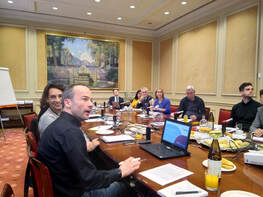
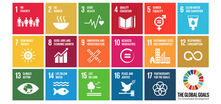
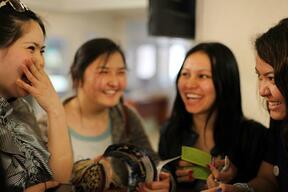
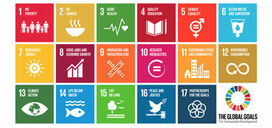
 RSS Feed
RSS Feed